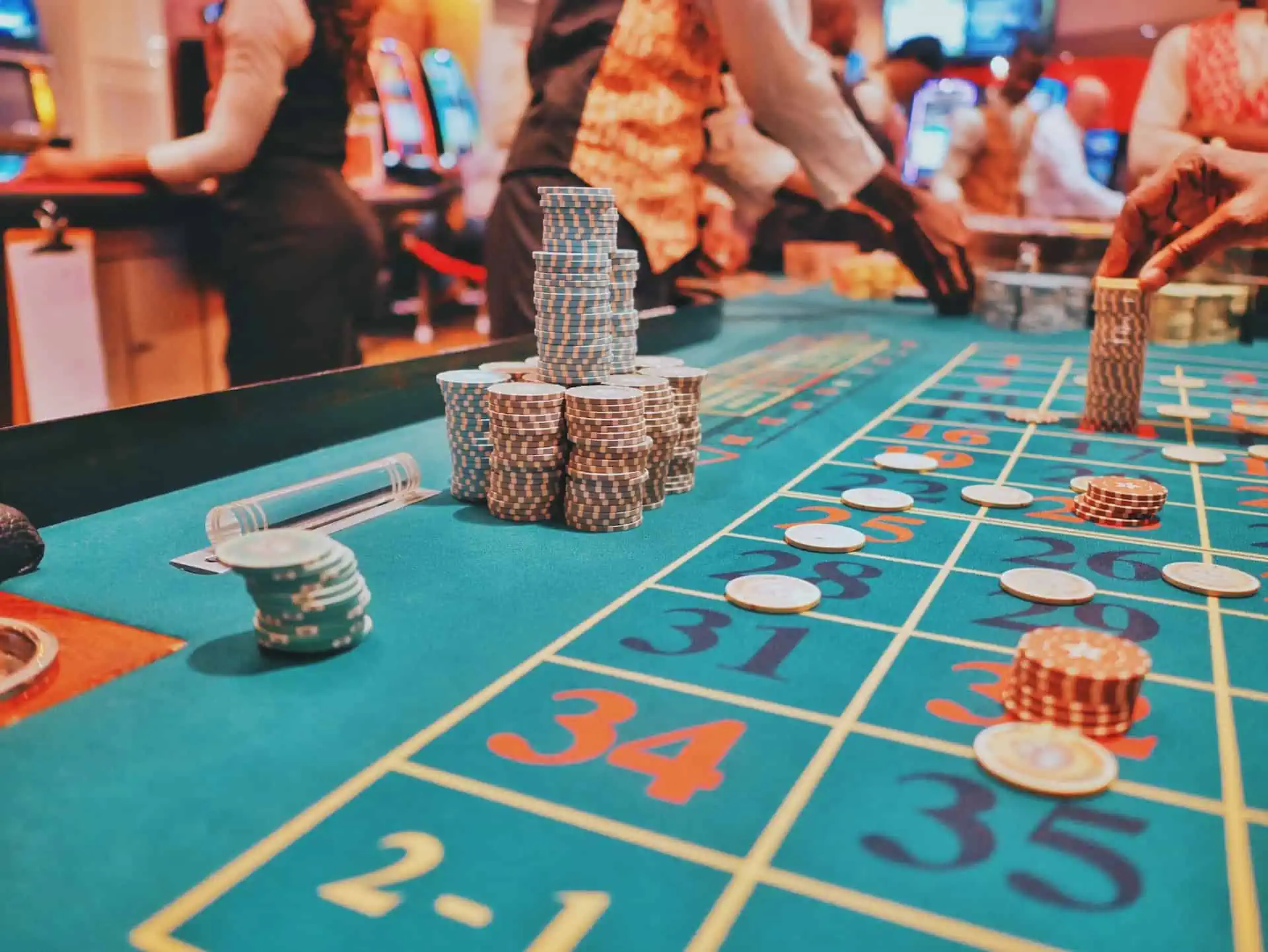
Understanding casino odds and probabilities is essential for making smarter decisions and improving your chances of winning at 랜드마크카지노. This guide covers the basics of odds and probability, house edge, payouts, and how they relate to common casino games.
Importance of odds and probabilities in casinos
Casinos operate based on the mathematical advantage provided by odds and probability calculations. Players who comprehend these principles can identify games and bets with lower house edges, adjust their strategies, and limit losses.
Furthermore, developing an intuition for odds helps recognise when certain propositions seem too good to be true. In 랜드마크카지노 say that sometimes misjudging probabilities often leads to overestimating win chances and consequently bigger losses.
Odds and Probability Basics
Defining odds and probability
In simple terms, probability refers to the chance that a specific outcome will occur expressed as a number between 0 and 1, while odds represent the probability as a ratio of favorable outcomes to unfavorable outcomes.
Different odds formats
Odds are commonly quoted in one of three formats:
• Decimal odds denote probability as a decimal number. 1.65 odds mean for every 1 unit wagered, you win 1.65 units if successful.
• Moneyline odds use plus and minus signs to indicate favorability. +150 odds mean a $100 bet wins $150 total if victorious.
• Fractional odds express probability as a fraction. 3/1 odds signify for every 1 unit wagered, you win 3 additional units.
Calculating and interpreting odds
To calculate decimal odds from moneyline or fractional odds, simply add 1 to the amount shown and divide by the initial bet size. For example, 3/2 odds equal 1.5 decimal odds. Conversely, dividing 1 by the decimal odds minus 1 gives the fractional format.
Grasping House Edge and Payouts
Significance of house edge
Every game or bet in a casino carries a predetermined statistical advantage for the house known as the “house edge.” The lower this percentage, the better the odds for the player.
How casinos utilize it
Casinos profit by ensuring the house edge on all games and bets compensates for occasional large wins while capturing smaller losses from most players over time. The longer individuals gamble, the more likely the house edge affects the outcome.
Payout percentage explained
This figure indicates what portion of all wagers the casino pays back out as winnings on average. Games with lower house edges tend to have higher payout percentages near 99%. Meanwhile, those with more significant advantages for the house typically offer lower payouts around 80% to 95%.
Odds and Probabilities in Popular Games
Blackjack odds and basic strategy
Using a basic strategy optimizes the house edge in blackjack between 0.5% and 1% depending on the deck. Calculated based on the player and dealer’s upcards, the basic strategy prescribes the statistically best move to minimize long-term losses.
Roulette wheel variations and bets
European roulette has only one zero, providing better odds at around 2.7% house edge. American roulette with a double-zero space boasts a higher disadvantage of 5.3%. Outside bets offer lower payouts but better odds than inside wagers.
Slot machine odds and symbols
The paytable reveals slot machine odds by showing the probability and payout for each symbol combination. Higher-paying combinations naturally have lower odds of occurring to compensate for larger wins.
Poker hand probabilities and pot odds
Calculations of hand odds and pot odds help determine if a poker bet or raise represents a positive expected value. This information can then guide players to make the right decision – call, fold, or raise – based on the probability of improving their hand.
Beginner Tips and Responsible Gambling
Starting with low-house edge games
Beginners should focus on games with the lowest statistical disadvantage like basic strategy blackjack, optimal video poker, and outside bets in roulette. This limits losses while players build fundamentals.
Budgeting and limits
Set a strict budget beforehand and stick to it. Determine a loss cutoff point that feels comfortable. Gambling with money not specifically allotted for it often leads to impulsive decisions.
Learning responsibly and conclusion
Always remember casino games are designed to earn profits for the house over time. Developing an intellectual understanding of odds and probabilities helps navigate this environment responsibly. Stay in control, gamble responsibly for entertainment, and know when to walk away. With proper discipline and moderation, the excitement of casino games can provide lasting enjoyment.
FAQ
Odds and probabilities are important in casinos because they determine the likelihood of winning and losing in a game. Understanding them helps players make informed decisions, choose bets with lower house edges, and manage their bankroll effectively.
Understanding odds and probabilities allows you to assess the potential risks and rewards of different bets. It helps you identify games with better odds, develop strategies based on statistical probabilities, and avoid making irrational or impulsive decisions that can lead to larger losses.
Odds and probability are closely related concepts. Probability refers to the likelihood of a specific outcome occurring, expressed as a number between 0 and 1. Odds represent the probability as a ratio of favourable outcomes to unfavourable outcomes. The house edge, on the other hand, is the statistical advantage that the casino has over players in a game. It is calculated based on the odds and probabilities of the game and represents the average amount the casino expects to win from each bet.
Odds are commonly quoted in three formats: decimal odds, moneyline odds, and fractional odds. Decimal odds represent the probability as a decimal number (e.g., 1.65). Moneyline odds use plus and minus signs to indicate favorability (e.g., +150 or -200). Fractional odds express probability as a fraction (e.g., 3/1).
To calculate decimal odds from moneyline or fractional odds, you can use specific formulas. For example, to convert moneyline odds to decimal odds, you add 1 to the moneyline odds and divide by 100. To interpret odds, higher odds indicate a lower probability of winning but a higher potential payout, while lower odds indicate a higher probability of winning but a lower potential payout.





